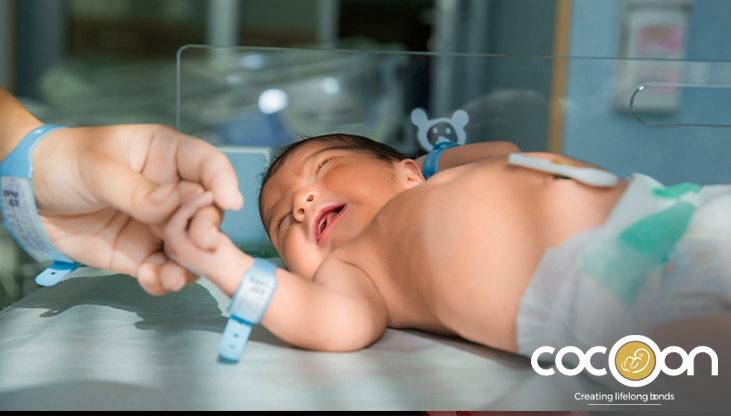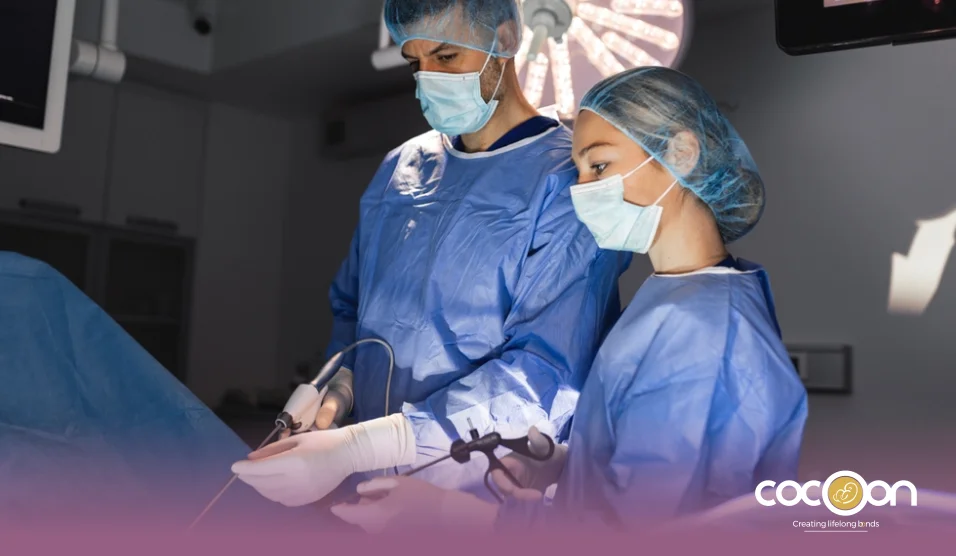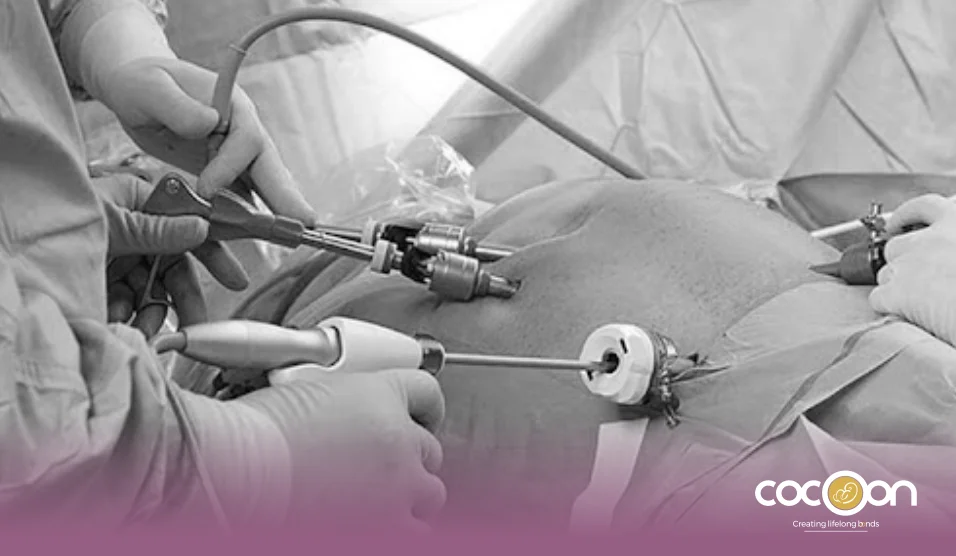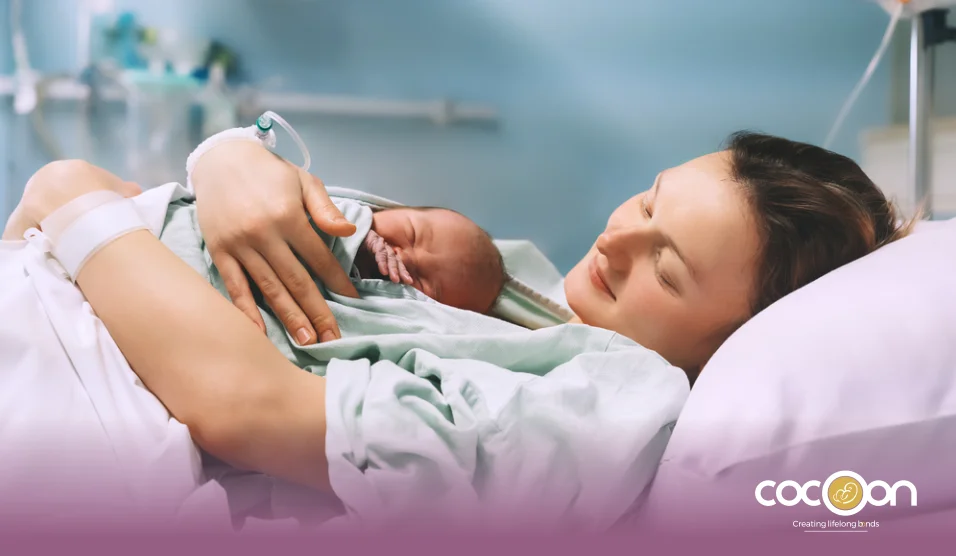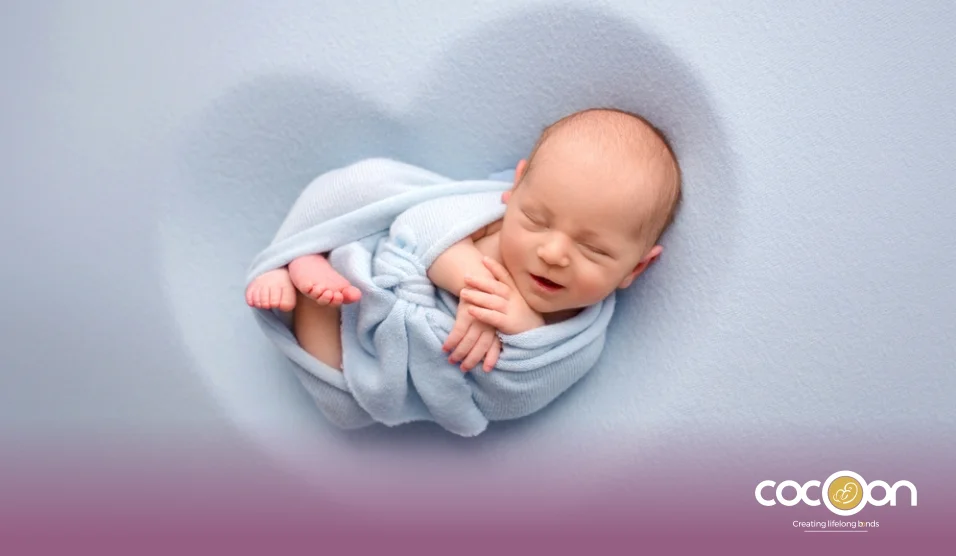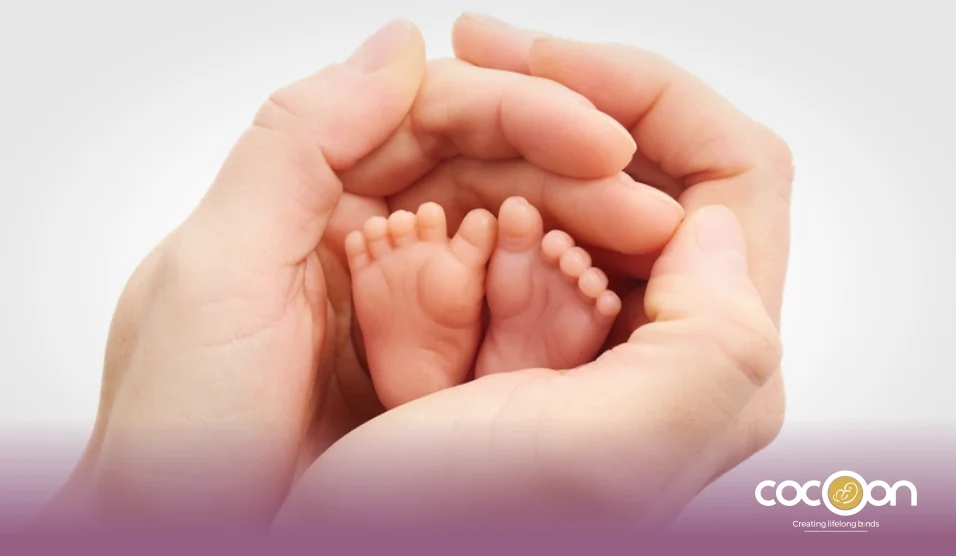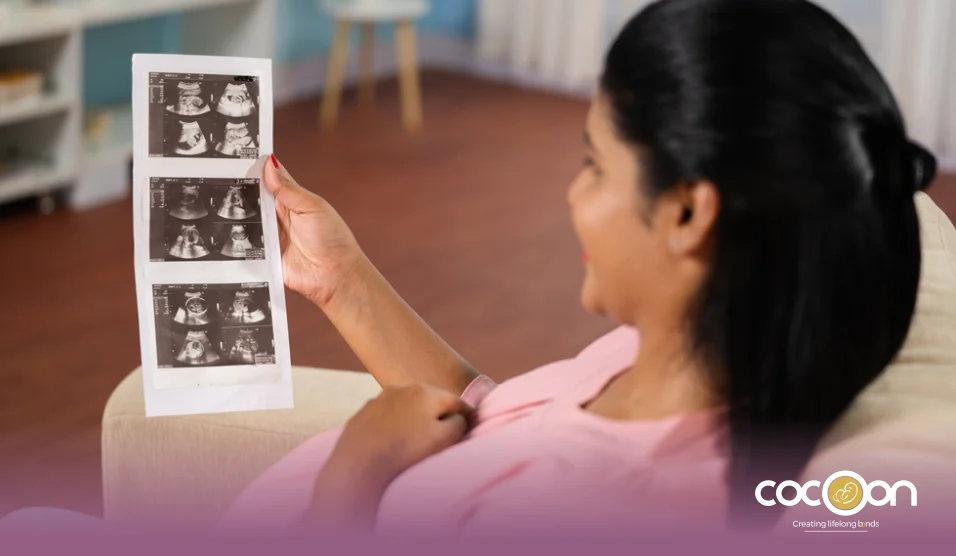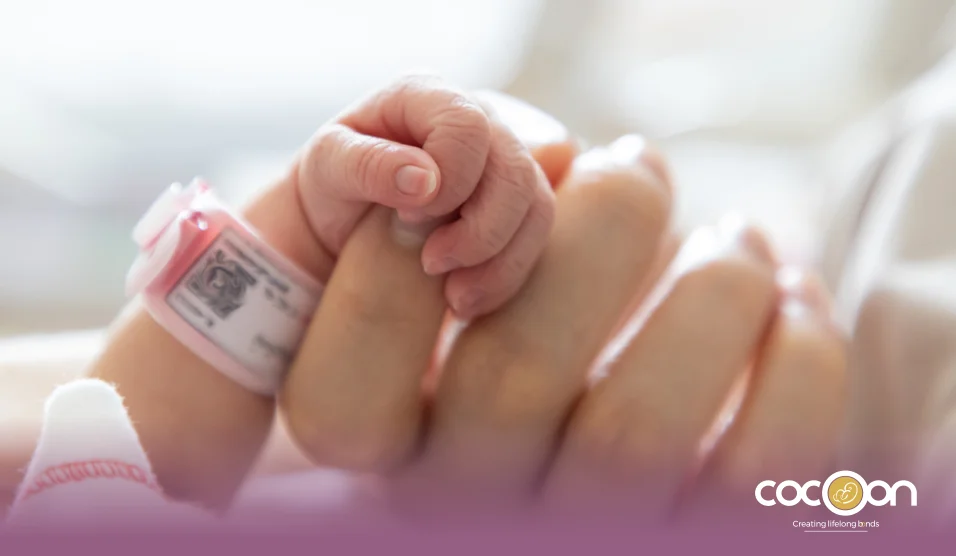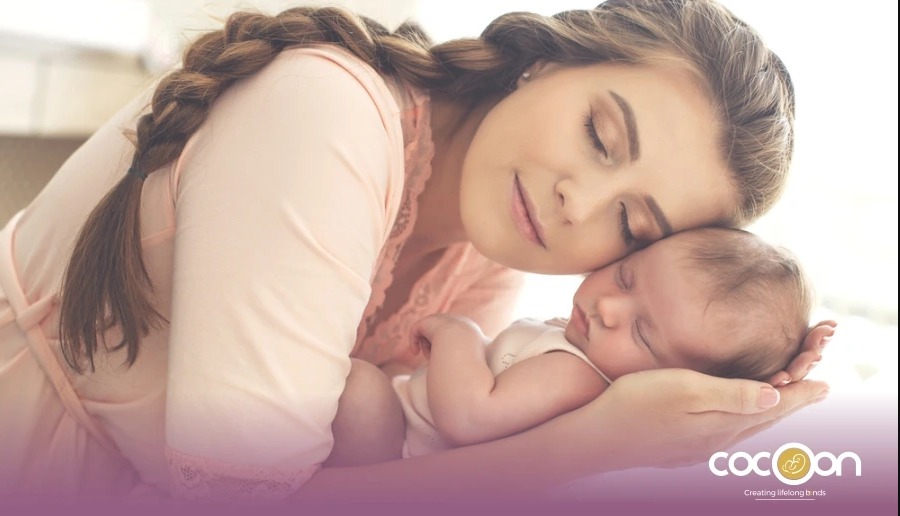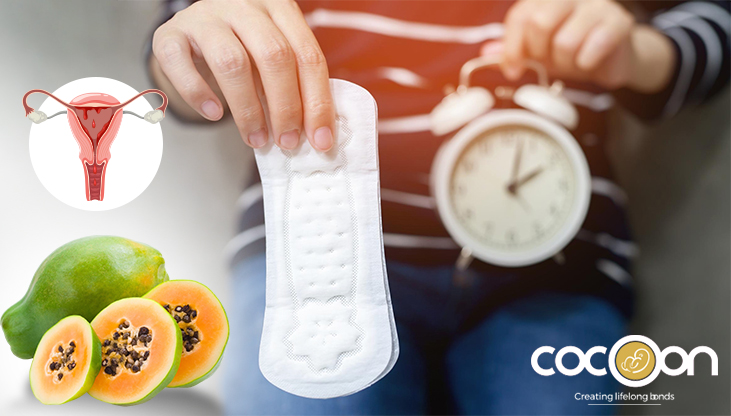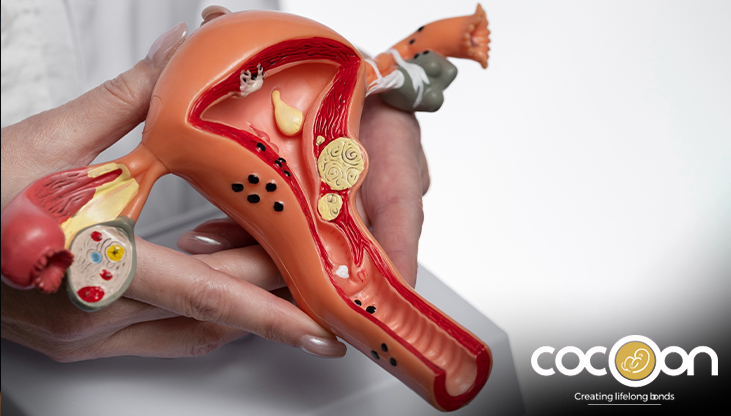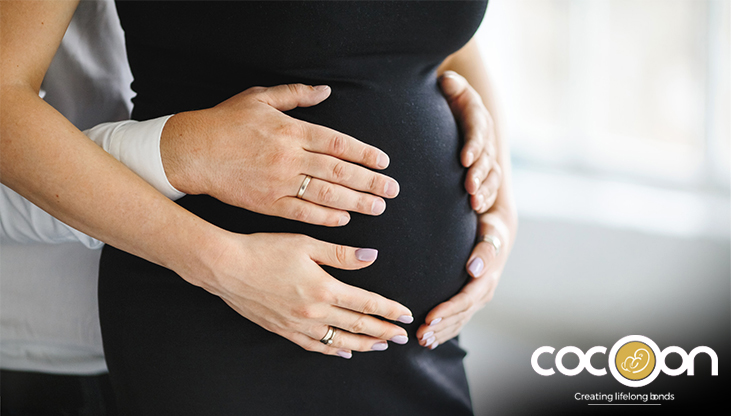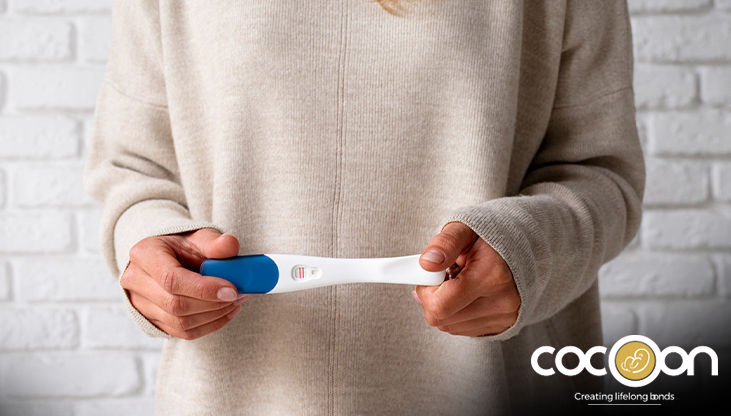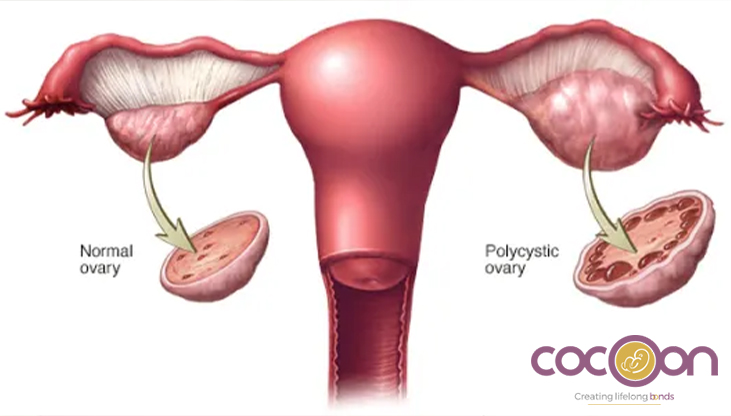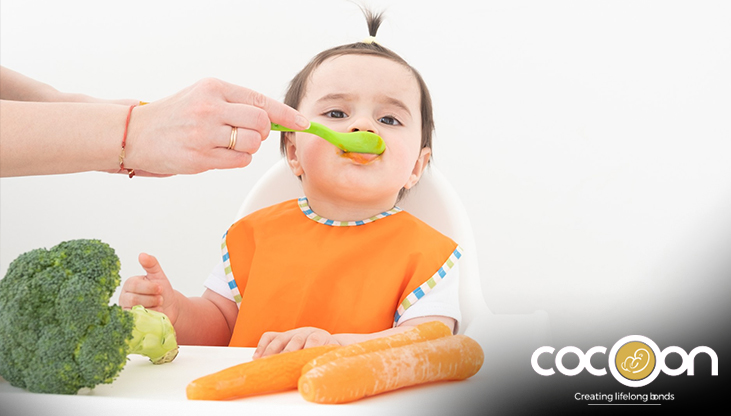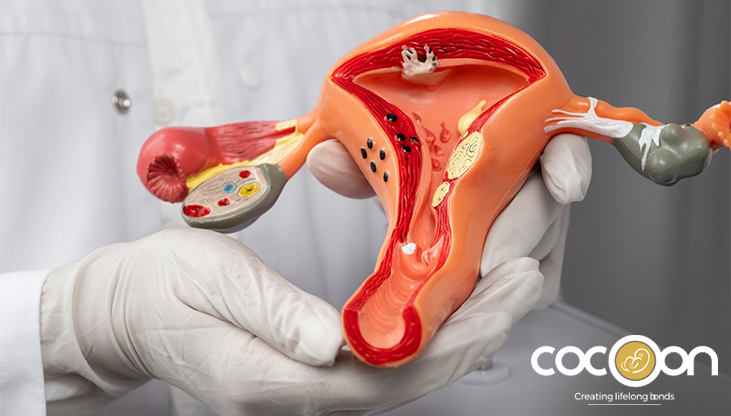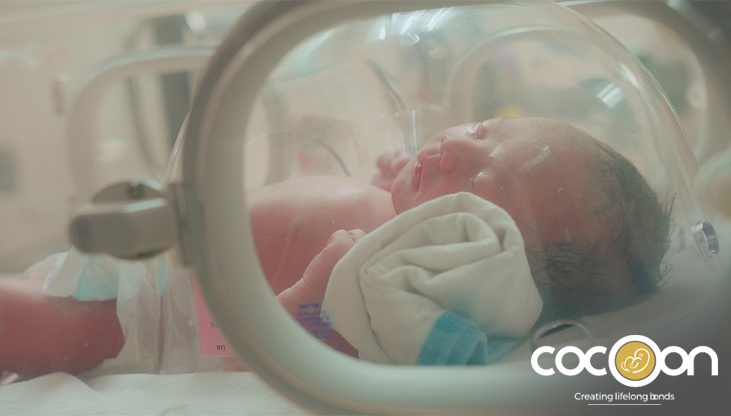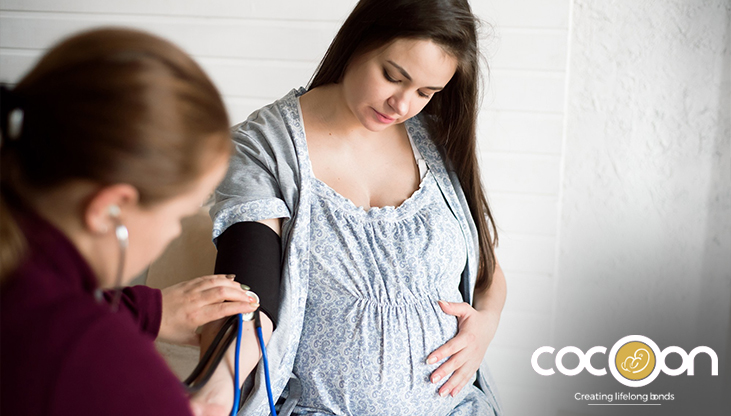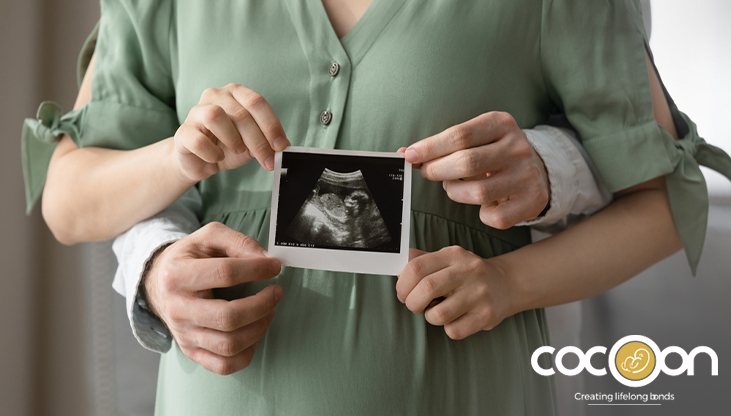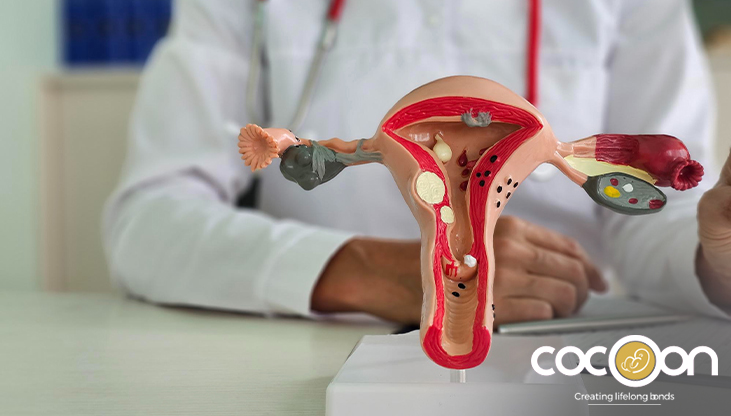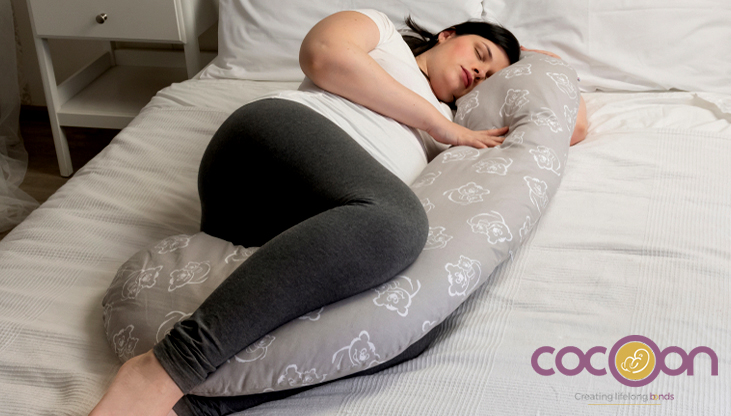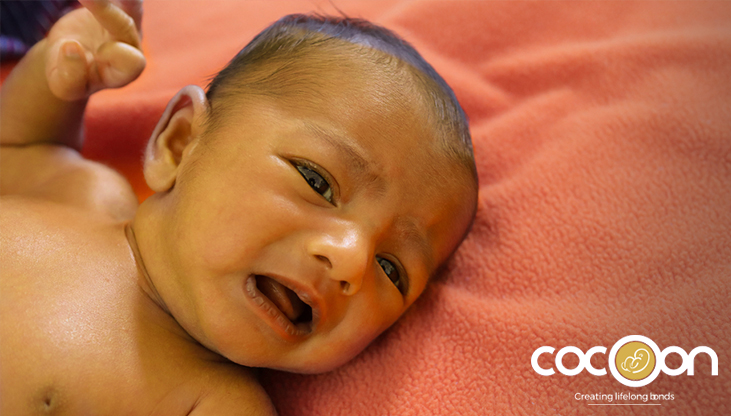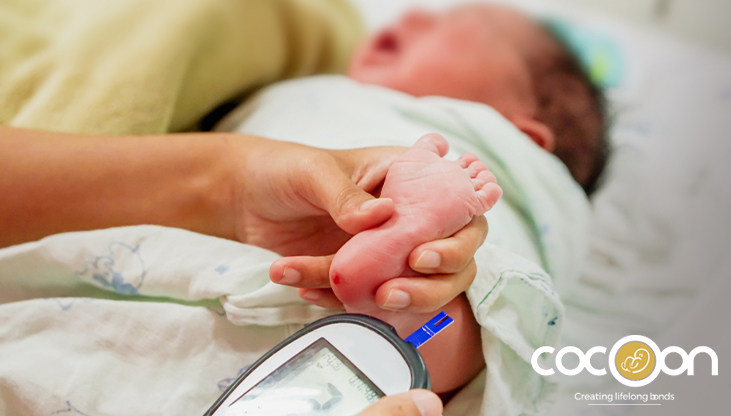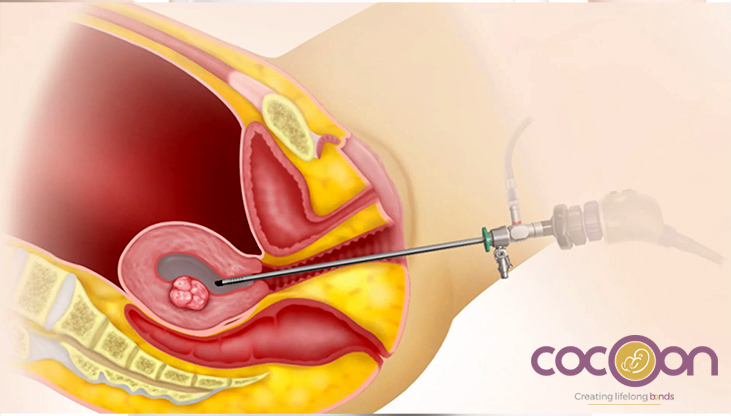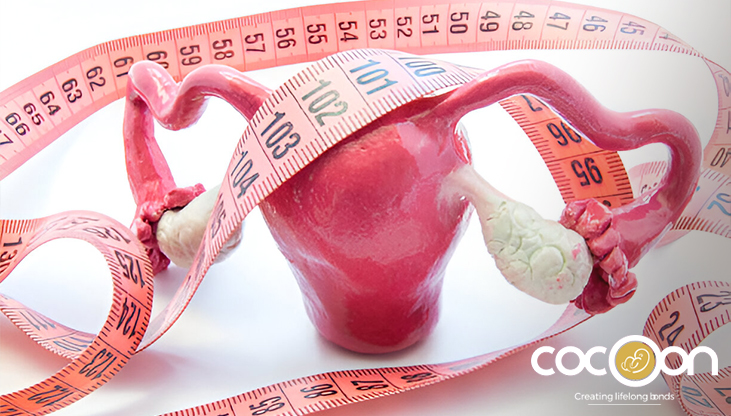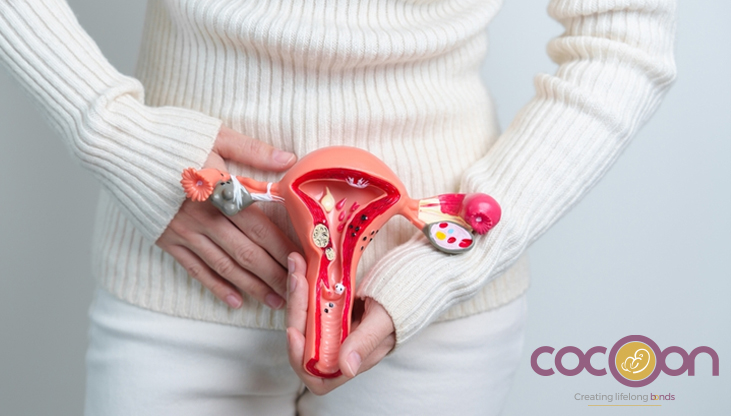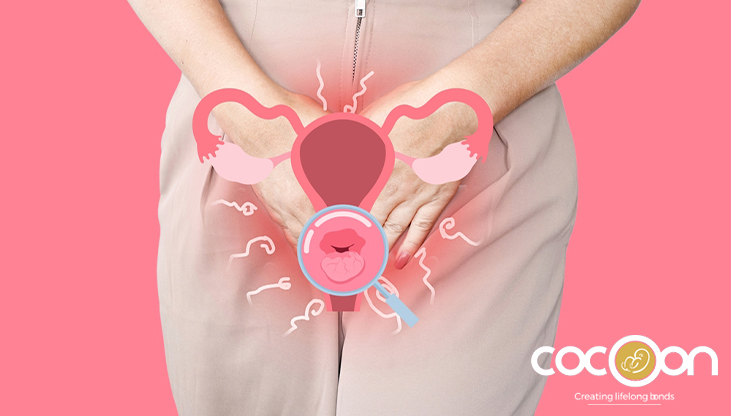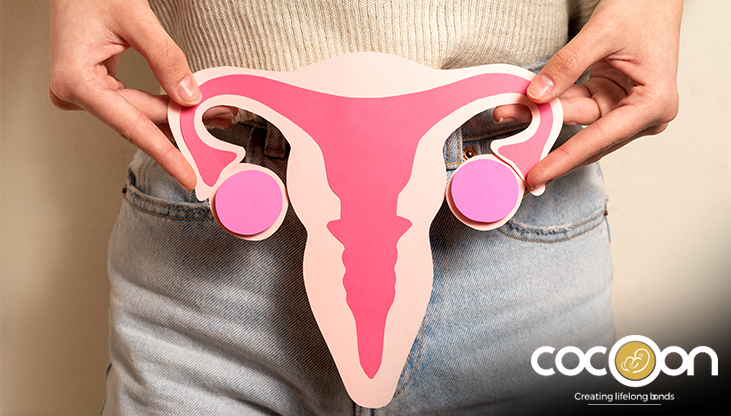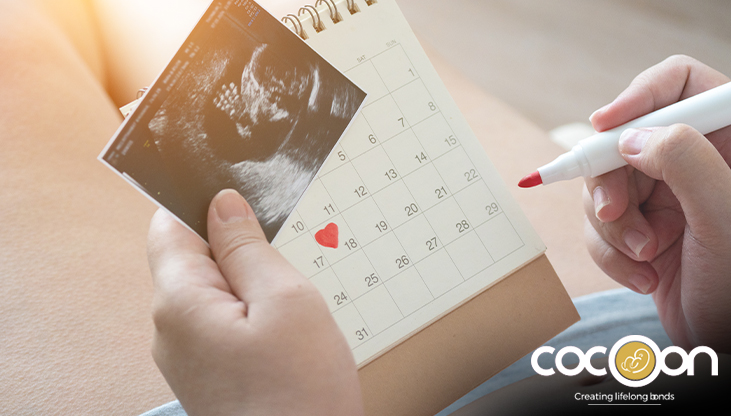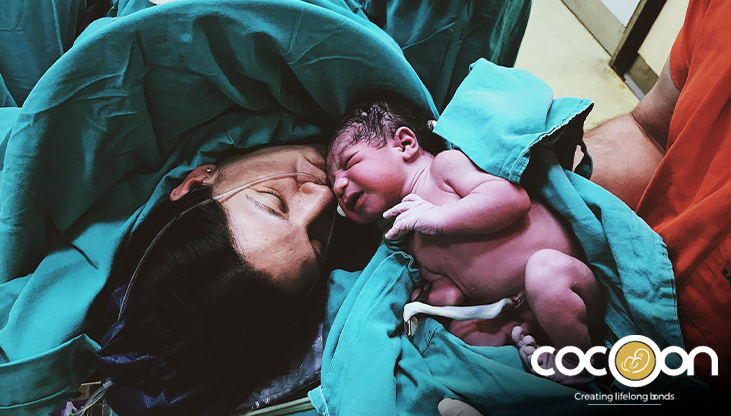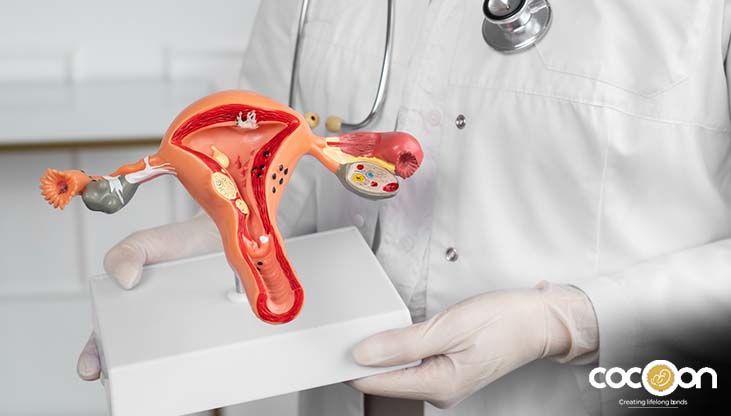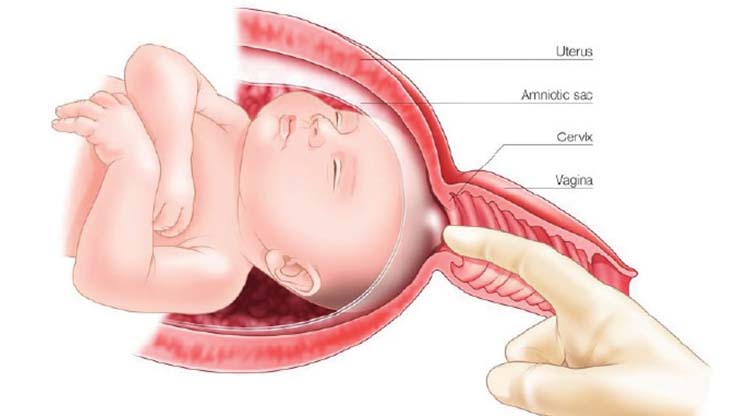You have a lot of decisions to make as an expecting parent. There are many things on your mind, including car seats, food, sleeping arrangements, nursery and paediatricians. What if you need to plan for your baby's stay in the neonatal intensive care unit (NICU)? If you have a prenatal diagnosis or wish to develop a baby care plan in case your baby requires additional care, you may be interested in learning more about NICUs. Apart from that, you should know what type of NICU is best for your baby - just in case they require it. It may seem like a lot to think about but we're here to help.
After you move into the realm of preterm motherhood, you find yourself in a very different situation than you had anticipated. There are many conversations, lights, sounds, and restrictions that may be unfamiliar to you. You've joined the realm of preterm motherhood, and all of a sudden you're playing a whole different game than you had anticipated. You may find the lights, sounds, rules, and numerous conversations unfamiliar. Learning about the neonatal intensive care unit (NICU) and its levels might help you feel more in control of your baby's treatment when you are a parent of a preemie.
Read Also: Premature Birth: Causes, Treatments & Prevention – What You Should Know
What is a Neonatal Intensive Care Unit (NICU)?
A baby's birth is an amazing and challenging journey. Both mother and child go through a lot of emotional and physical changes. Many physical adaptations must be made by a baby to life outside of the mother's body. When a baby leaves the uterus, they are no longer able to rely on the placenta and mother's blood supply for vital bodily processes.
The neonatal intensive care unit (NICU) is a dedicated section of the hospital where newborns who require critical medical attention are treated. The NICU is equipped with cutting-edge equipment and skilled medical personnel to provide the little ones with specialised care. Babies that require specialised nursing care but are not seriously ill may also be treated in NICUs. Babies must be transferred to another hospital since some do not have the personnel necessary for a NICU. It is better for babies who require intensive care to be born in a hospital with a NICU than to be transferred after birth.
A NICU may be necessary for the special care of some newborns. It can be a surprise for any parent to give birth to an unhealthy or premature child. The NICU stay of your kid can be very stressful for you.
Read Also: Prenatal Care Tips Every Expecting Parent Should Follow
When Neonatal Intensive Care Unit (NICU) is Needed?
Preterm babies (born before 37 weeks of pregnancy), low birth weight babies (less than 5.5 pounds), or babies with special medical needs make up the majority of NICU admissions. Furthermore, many of these newborns are underweight at birth. NICU admissions are common for twins, triplets, and other multiples. This is because, compared to single-birth kids, they are often born smaller and earlier. Additionally, babies with birth deformities, infections, heart issues, or respiratory disorders are treated in the NICU.
A baby may be at high risk and have a higher possibility of being admitted to the NICU due to the following circumstances. To determine if a newborn needs the NICU, each one must be thoroughly examined. Some high-risk factors are listed below.
Maternal factors are:
- Mothers younger than age 16 or older than age 40
- Excessive drug or alcohol use
- Diabetes
- Bleeding
- High blood pressure (hypertension)
- Sexually transmitted diseases
- Multiple pregnancy (twins, triplets, or more)
- Excessive or scanty amniotic fluid
- Premature rupture of membranes (also called the amniotic sac or bag of waters)
Delivery factors are:
- Abnormalities in a baby's organ systems due to oxygen deprivation (birth hypoxia or foetal distress)
- Breech births, in which the buttocks are delivered first, or other anomalous positions
- Meconium, the baby's first stool, entered the amniotic fluid during pregnancy
- The umbilical chord (nuchal cord) is wrapped around the infant's neck.
- Caesarean or forceps delivery
Baby factors are:
- An infant delivered between 37 and 42 weeks of pregnancy
- weighing less than five pounds, eight ounces (2,500 gms) at birth or more than eight pounds, thirteen ounces (4,000 gms)
- Smaller than the gestational age
- Medication or resuscitation in the birth room
- Birth defects
- Symptoms of respiratory distress include grunting, fast breathing, and apnoea
- Herpes, group B streptococcus, and chlamydia infections
- Having seizures
- Hypoglycemia, or low blood sugar levels
- Extra need of oxygen, monitoring, intravenous (IV) treatment, or medication
- Requirement of extra care or treatments, such blood transfusions
Read Also: Importance of Antenatal Care
What Are Levels of the Neonatal Intensive Care Unit (NICU)?
Following are the levels of NICU care available:
1. Level I – Basic Newborn Care
Level I nurseries, often known as "Well Newborn Nurseries," offer care for babies that are healthy and born at full term or near their due date, which is typically 35 weeks or later. These nurseries provide standard care, including evaluations, and are prepared to stabilise infants and prepare them for transfer to facilities that offer more advanced care if necessary.
2. Level II – Special Newborn Care
Level II nurseries care for babies delivered after 32 weeks or full-term who require close monitoring for issues that are likely to get better soon. These facilities can treat babies who have prematurity-related medical problems, such as jaundice, difficulty maintaining body temperature, or feeding concerns. Special Care (Level II) Nurseries are further classified as Level 2A and Level 2B on the basis of the type of respiratory support provided:
- Level IIA: There is no respiratory support offered by these nurseries.
- Level IIB: These nurseries are able to offer mechanical ventilation or CPAP for brief periods of time, typically less than 24 hours.
3. Level III – Subspecialty Newborn Care
The very little and very sick babies are cared for in Level III facilities. These units are designed to provide critical medical and surgical care as well as continuous life support. Moreover, these facilities have various types of staff on duty around-the-clock. The ability of the facility to provide advanced care can be used to further categorise level III nurseries.
- Level IIIA: Babies born after 28 weeks of pregnancy are looked after in these units. Level IIIA nurseries provide minimal surgery and mechanical ventilation.
- Level IIIB: If a baby is born at 28 weeks or less, or weighs 1,000 grams or less at birth, Level IIIB nurseries provide complete care. Certain surgeries can be done in these units. There is proper arrangement of anaesthesia as well as enhanced ventilation.
4. Level IV – Regional NICU (sometimes called Level IIIC)
A Level IV NICU is the most advanced level of NICU treatment, and it is typically a regional hospital with on-site surgical capability for the most serious medical issues. Level IV nurseries care for newborns born at the lowest age of viability, sometimes known as micropreemies. These centres provide the most advanced respiratory assistance and perform a wide range of neonatal procedures.
Read Also: Neonatal Care Tips for New Parents: What to Expect in the NICU?
Best NICU Center in Jaipur
Cocoon Hospital has proudly seen over 125,000 patients in our OPD, successfully conducted more than 16,000 deliveries, and welcomed over 17,000 babies into the world. Our dedicated team has also achieved remarkable success, including the discharge of a healthy baby weighing less than 550 grams.
The top neonatal intensive care unit (NICU) in Jaipur offers cutting-edge amenities and care from highly qualified doctors, ensuring that preterm and severely unwell neonates receive the best possible care.
Conclusion
No matter what level of NICU your child is admitted in, it is very stressful for parents having their baby admitted in the NICU. You can concentrate on your baby's development and care if you have some understanding of the different types of intensive care nurseries and which one your child is in. This can help make the experience more bearable.
Understand the three stages of NICU care from critical care to recovery. Get expert support for your newborn at Cocoon Hospital—book a consultation today!
FAQs
Q1: How long do babies stay in each NICU stage?
A: The duration varies based on the baby's condition, gestational age, and progress. Some may stay for days, while others may require weeks or months.
Q2: What types of babies need NICU care?
A: NICU care is needed for premature babies, low birth weight infants, those with breathing difficulties, infections, or congenital conditions.
Q3: How can parents prepare for NICU discharge?
A: Parents receive guidance on feeding, medication, temperature regulation, and emergency care to ensure a smooth transition home.

